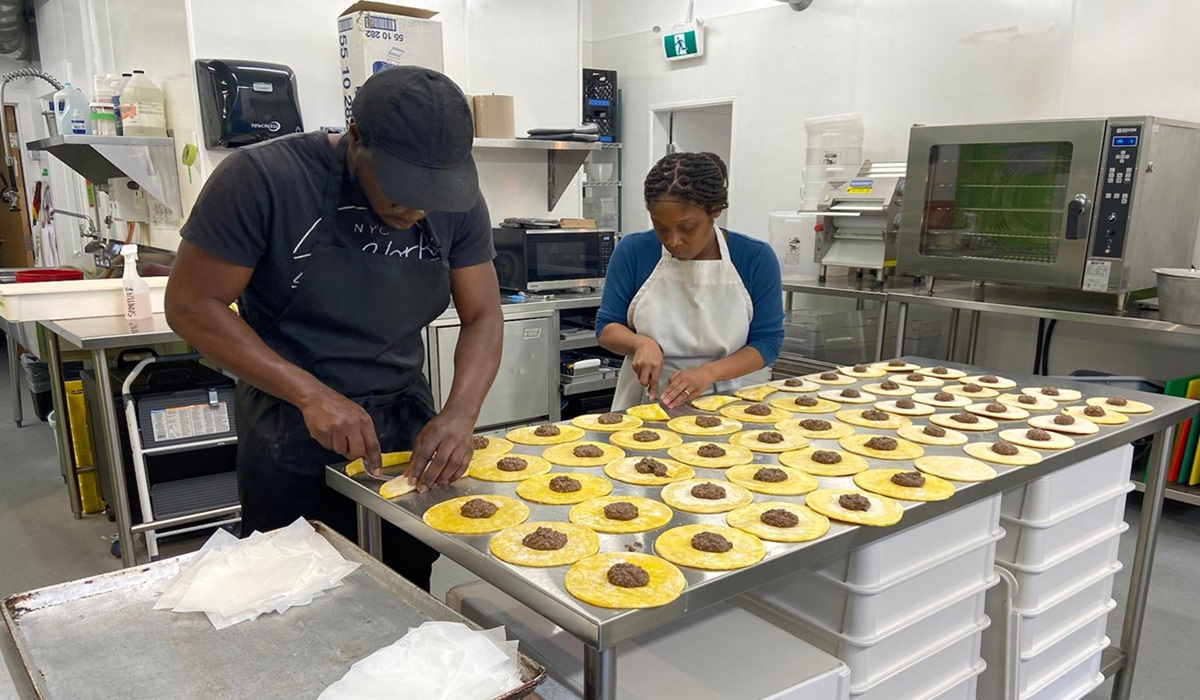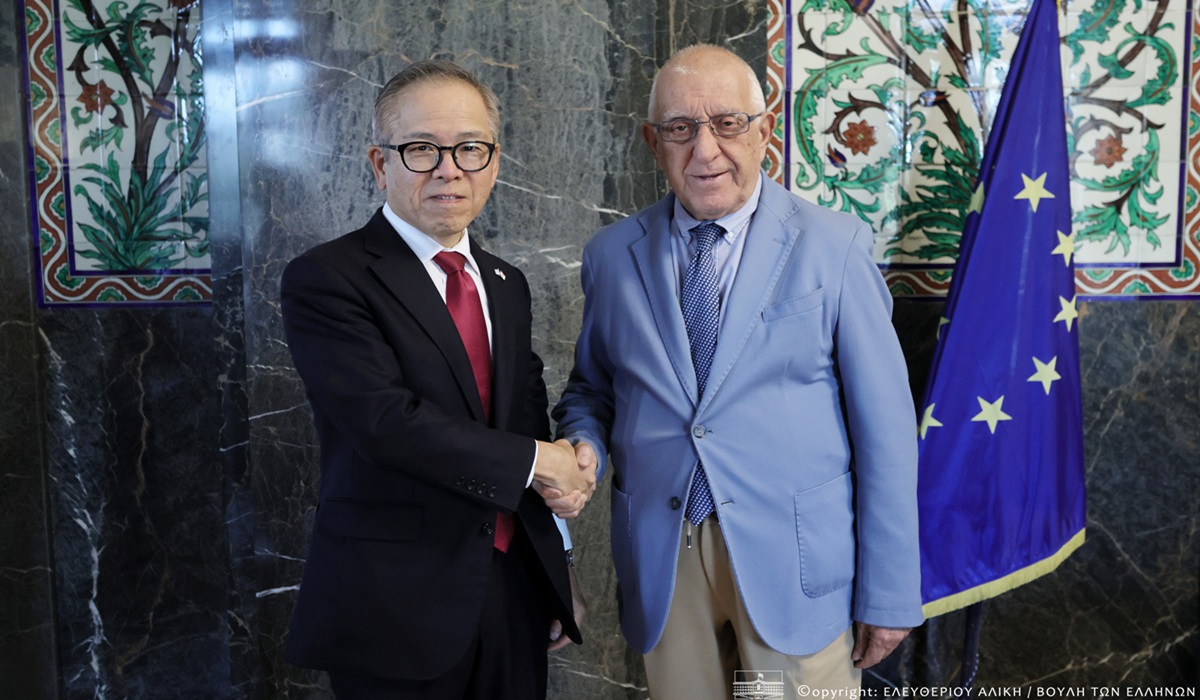Image credit: Flore W
Today, British Columbia wakes up to picket lines, closed doors, and the unmistakable energy of a province entering a new chapter in labour unrest. The strike that workers warned of for weeks has now arrived. Members of the BC General Employees’ Union, representing tens of thousands of public sector employees, have walked off the job after talks with the government collapsed over the weekend. For the province, this is not simply another labour dispute. It is a test of patience, politics, and the practical limits of public service in a time when affordability dominates every conversation.
The effects will be immediate and visible. Provincial liquor and cannabis stores will close or operate at minimal capacity, creating disruptions that ripple into the retail sector. Offices where British Columbians renew licences, apply for permits, or access social supports will see picket lines stretched across their entrances. Community programs that rely on consistent staffing will shutter or drastically reduce hours. Even with essential service agreements in place to preserve health and safety functions, the impact on daily life will be felt by nearly every resident.
What makes this strike significant is not only its scale but its timing. Coming on the heels of Labour Day, it forces the province and the country to confront the meaning of work and fairness in an economy where inflation has eroded household budgets. Workers are demanding increases that reflect the real cost of living in cities where housing is nearly unattainable for young families and groceries consume ever larger portions of paycheques. For them, striking is no longer just about wages but about survival and dignity.
The government enters this standoff with competing pressures. On one hand, Premier David Eby’s administration has pledged to keep spending disciplined, emphasizing balanced books after years of pandemic-era deficits. On the other, the moral weight of affordability has been central to his leadership. To deny workers wage increases while insisting the province is addressing affordability risks appearing tone-deaf. For the government, this is not simply about dollars and cents—it is about credibility with the public.
For the broader world watching, the B.C. strike is a case study in labour relations in the post-pandemic era. Across North America and Europe, workers in healthcare, education, logistics, and government have flexed their collective muscle in ways not seen in decades. The pandemic reminded societies of the value of essential work, and the inflationary surge that followed made those workers demand a fairer share. Strikes have become more common, more assertive, and often more successful at winning gains. What happens in British Columbia this week will be closely studied by other unions, employers, and governments.
The province is especially vulnerable because of how heavily daily life relies on the services now withdrawn. The disruption is not abstract; it will touch everything from the issuance of marriage licences to the maintenance of provincial parks. Families already struggling with rising costs will encounter new frustrations in delayed paperwork, cancelled appointments, and shuttered storefronts. Businesses that depend on provincial permits will lose time and money. For citizens, the strike will become an unavoidable part of the daily routine.
International observers will see in this strike a reflection of a larger trend. Governments everywhere are under pressure to address cost-of-living crises while also managing fiscal realities. The walkout in British Columbia encapsulates that tension in its starkest form: a government trying to hold the line on spending versus workers who insist the line has already moved past them. It is a dynamic that could echo in other provinces and even other countries, especially as unions coordinate strategies and share lessons from successful strikes.
Today’s picket lines are also a test of solidarity. The union must keep its members unified and energized in the face of lost wages and public inconvenience. The government must hold its caucus and cabinet together while negotiating in the public eye. Public opinion will be the battlefield where this strike is won or lost. If British Columbians feel sympathy for the workers, pressure on the government will mount quickly. If frustration builds against the union, the province may feel emboldened to dig in.
There is little expectation of a quick resolution. The sides remain far apart, and each has incentives to demonstrate resolve before conceding. The union needs to show its members that it fought hard, while the government cannot afford to appear reckless with taxpayer dollars. That dynamic points toward days, perhaps weeks, of disruption. Rotating strikes, escalations, and symbolic demonstrations are all tools the union can deploy. Emergency court actions or legislative intervention remain options for the government if the impasse drags on.
The world should expect a familiar pattern: headlines of inconvenience, images of picket lines, and negotiations carried out behind closed doors. But beneath the surface, something more important is happening. The strike forces a conversation about the future of public work. Will governments continue to treat wages as a cost to be contained, or will they recognize them as investments in stable, effective services? Will unions remain powerful vehicles for collective bargaining, or will public impatience erode their influence? These are questions that extend far beyond British Columbia.
As the strike begins, British Columbians brace for a week of delays and frustrations. But they also enter a moment of reckoning. The strike is not just about one contract but about what kind of province—and what kind of country—Canada is prepared to be in the face of widening inequality and economic stress. For other regions, the message is clear: if it can happen here, it can happen anywhere.
Today marks the start of a new chapter. Whether it becomes a short-lived disruption or a prolonged battle, the strike will leave an imprint. It will test the strength of unions, the resolve of governments, and the patience of the public. And it will send a signal, not just across Canada but around the world, about the willingness of workers to take a stand in an era when so many feel left behind.
The eyes of the country are on British Columbia this morning. The picket signs are raised, the chants echo outside provincial buildings, and a province begins its uneasy march into the uncertain days ahead.









